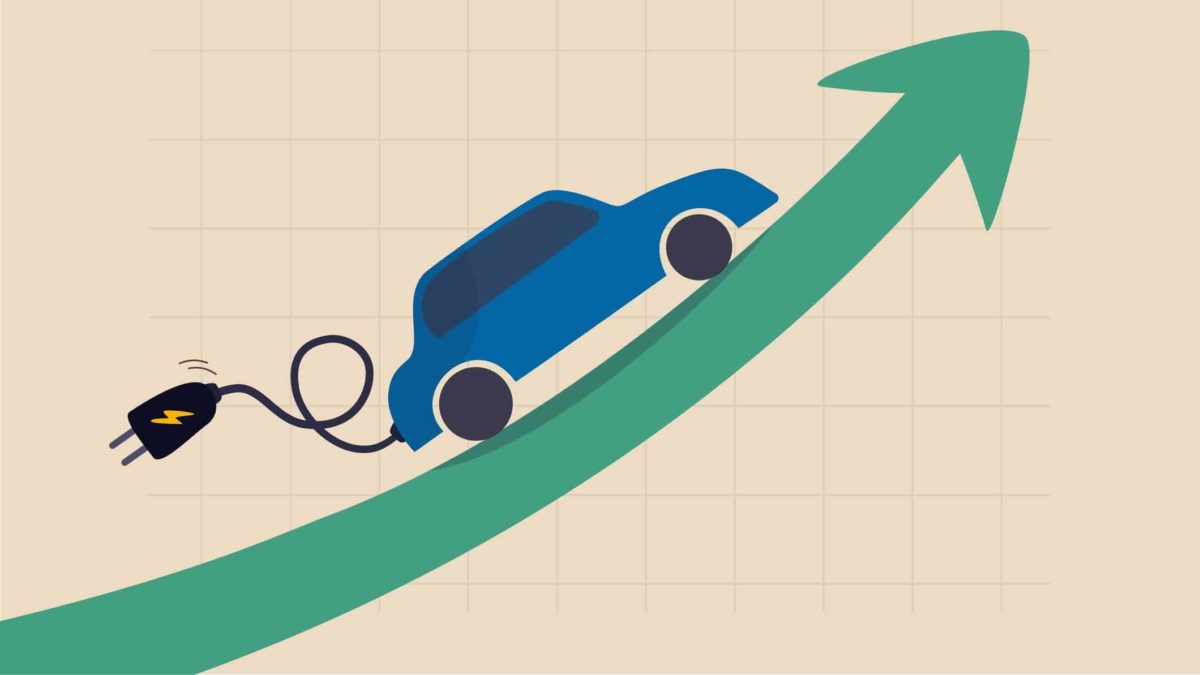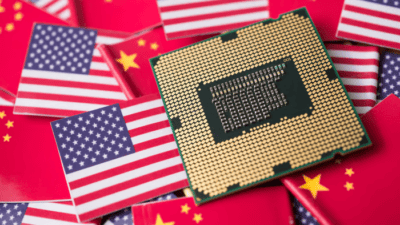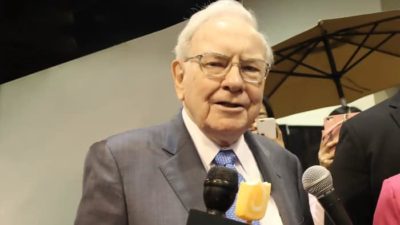This article was originally published on Fool.com. All figures quoted in US dollars unless otherwise stated.
What happened
On another bright "green" day for the stock market, shares of electric vehicle manufacturers are doing better than most. As of 11:05 a.m. ET Tuesday, shares of EV leader Tesla (NASDAQ: TSLA) had surged by 5%, well outpacing the S&P 500 (which was up a solid 0.9%). Electric truck rival Rivian (NASDAQ: RIVN) was doing even better with a 6.9% gain and Chinese EV maker Nio (NYSE: NIO) was doing best of all -- up 7.8%.
But news from Tesla was probably the main reason for all of these gains.
So what
As multiple sources reported, Tesla on Monday announced it was cutting the prices for its popular Model 3 sedans and Model Y crossover EVs in China by as much as 9%. As The Wall Street Journal reported, a "standard" Model Y in China now sells for the yuan equivalent of just $39,800 -- versus the $58,190 price being charged for a "long range dual motor AWD Model Y" (the cheapest model shown on Tesla's website) here in the U.S.
Now why would investors think this is good news? After all, as my Foolish colleague Travis Hoium just pointed out, all else being equal, a 9% reduction in MSRP can easily translate into a 9-percentage-point reduction in operating profit margins. So if Tesla earned 17.2% margins on its cars last quarter (which it did, according to data from S&P Global Market Intelligence), cutting the costs of some Tesla cars by 9% could mean cutting its profits on those cars in half.
If you assume (as seems logical) that rivals Rivian and Nio will have to cut their prices in order to compete with Tesla, that would seem to foreshadow falling profit margins across the board in the EV sector.
Now what
That, as they say, is the bad news. But here's where the news might be a bit better for Tesla, Rivian, and Nio. One reason why Tesla is able to cut prices so drastically, says CEO Elon Musk, is that the costs of the commodities it requires to build its cars "are dropping a lot" and the company now anticipates that it will "see some cost reduction in 2023."
So it seems that while Tesla is sacrificing some of its profit margin through EV price reductions, it may also be gaining some profits back farther up the supply chain. As long as the cost of manufacturing Teslas (and Nios and Rivians, of course) falls in tandem with the prices these companies charge for their EVs, there's a chance that lower car prices won't mean lower profits for their makers.
Or so investors seem to be hoping Tuesday.
Is that a smart bet? Maybe. It's still possible Tesla's price cuts will spark a price war among EV makers. There's also the potential for the still-rising cost of some commodities -- lithium in particular -- to mess up the math and prevent Tesla and its peers from cutting their total costs enough to make up for their price cuts. When you get right down to it, your safest bet is still to avoid the riskier stocks in this space like Nio and Rivian -- neither of those companies is currently profitable -- and focus instead on Tesla.
Trading at 59 times trailing earnings, Tesla still isn't what I'd call a cheap stock. But at least it's cheaper than the alternatives.
This article was originally published on Fool.com. All figures quoted in US dollars unless otherwise stated.









